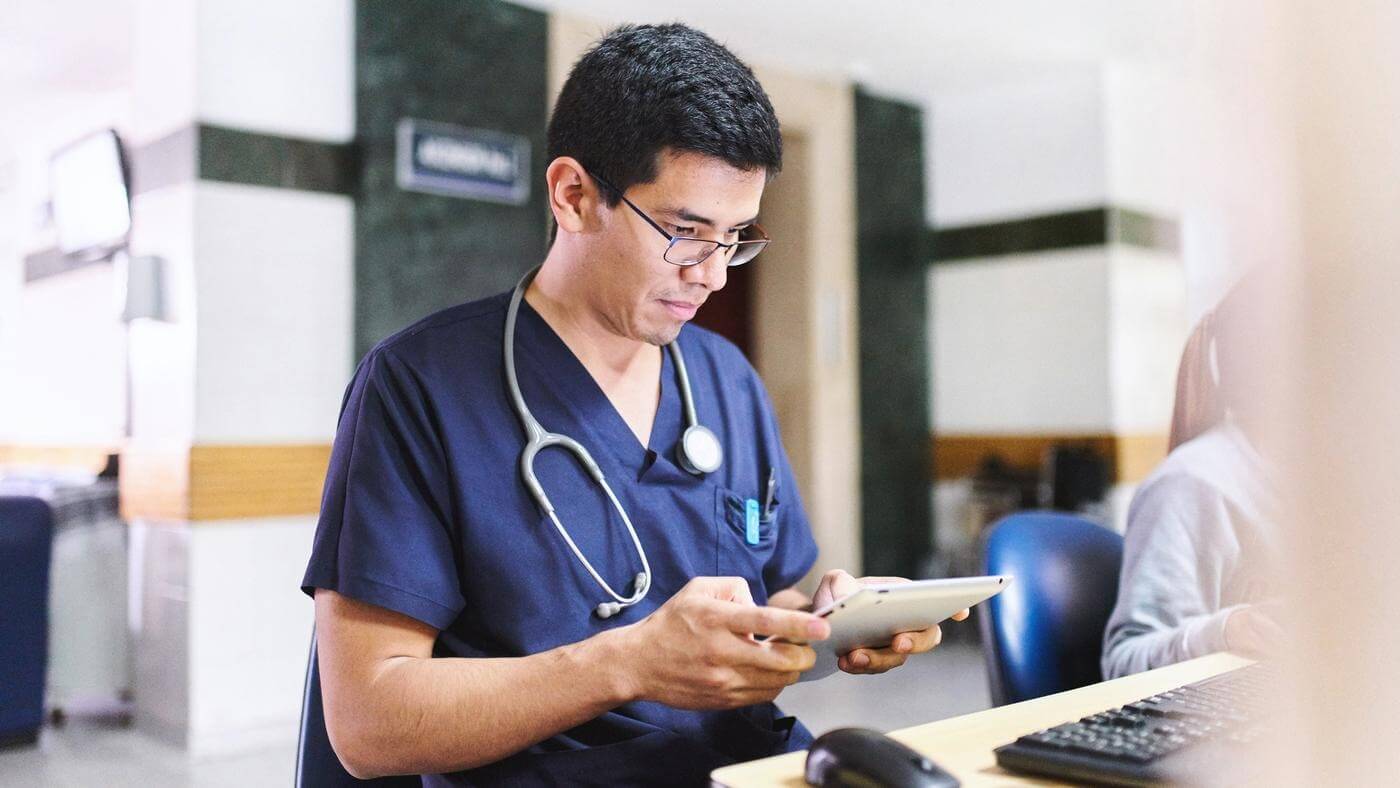
How does the implementation of Rego support the Elective Recovery Plan?
Following the recent publication of the Elective Recovery Plan, we look at how the implementation of Rego in NHS trusts has supported the priorities in the plan.
Last month, the government and NHS England published a joint plan setting out how they intend to support the recovery of elective services over the next three years.
The plan was published as the number of people waiting for treatment reached six million, and followed the release of the 2022/3 planning guidance in late 2021 by NHS England, with some of the targets from the guidance included in the plan. This included delivering 30% more elective activity by 2024/25 than before the pandemic, using system transformation and specialist advice, such as advice and guidance.
As summarise by NHS Confederation, the main goals in the elective recovery plan are as follows:
- Waits over two years to be eliminated by July 2022.
- Waits over 18 months to be eliminated by April 2023.
- Waits over a year to be eliminated by 2025.
- At least 75 percent of patients who have been urgently referred by their GP for suspected cancer are diagnosed or have cancer ruled out within 28 days by March 2024.
To achieve these goals, the plan focuses on five areas, which include increasing health service capacity; prioritising diagnosis and treatment; transforming the way we provide elective care, and providing better information and support to patients.
Increasing health service capacity
One of the ways of achieving increased capacity is through the use of digital technology and data systems to “ensure that those in clinical roles can spend as much time as possible treating patients”, in addition to allowing people to receive treatment at, or closer to, their homes.
Vantage Health has worked closely with clinicians and commissioners to develop the AI platform, Rego, which helps to significantly reduce the administrative burden associated with referring patients. By automatically validating referrals against pathway guidelines, Rego removes the need for GPs to read through the hundreds of referral templates and proformas needed to refer patients to the right care. It also removes the need for secondary care clinicians to review referrals to determine if they are clinically necessary.
Prioritising diagnosis and treatment
In order to effectively tackle the waiting list and reduce the number with more urgent care needs, the recovery plan proposes to “prioritise those with the greatest clinical need”. One of these areas is suspected cancer cases, with 4 million urgent suspected cancer referrals made over the pandemic.
The Vantage team has supported the quicker identification and treatment of suspect cancer cases in Ipswich and East Suffolk CCG. Here, they worked with GPs, hospital consultants and commissioners to introduce a teledermatology solution using Rego, which allows GPs to make structured, relevant electronic referrals to consultants, supported by images, required for a meaningful assessment of patients’ skin condition.
With a written referral supported by images, the consultant can offer rapid advice and guidance back to the GP without the patient having to attend the hospital, usually within 2-3 working days.
Assessing patients’ conditions this way enabled clinicians to identify more than 10% of skin cancers that would have otherwise been waiting to be seen as non-urgent.
The team also helped accelerate the diagnosis of potentially cancerous skin lesions at East Suffolk and North Essex NHS Foundation Trust. By enabling consultant dermatologists to advise GPs before referral, patients not needing urgent review could be removed from the ‘two week wait’ pathway, freeing time to focus on urgent cases.
Transforming the way we provide elective care
Another important part of the plan is reforming the way that outpatient appointments are delivered. A key component of this is improving access to specialist advice, enabling more timely, convenient and appropriate care and avoiding the need for unnecessary appointments.
In response to significant restrictions placed on elective care at the height of Covid-19 pandemic, the team was asked by two Trusts in North West London to adapt its Rego platform to enable GPs to obtain rapid access to consultant advice and guidance across all specialties.
The phased implementation of Rego across all practices in Brent, Harrow & Ealing and Hillingdon CCG enabled consultants to triage over 40% of requests to be treated within primary care and supports the NHS target of 30% more elective activity by 2024/25 than before the pandemic.

